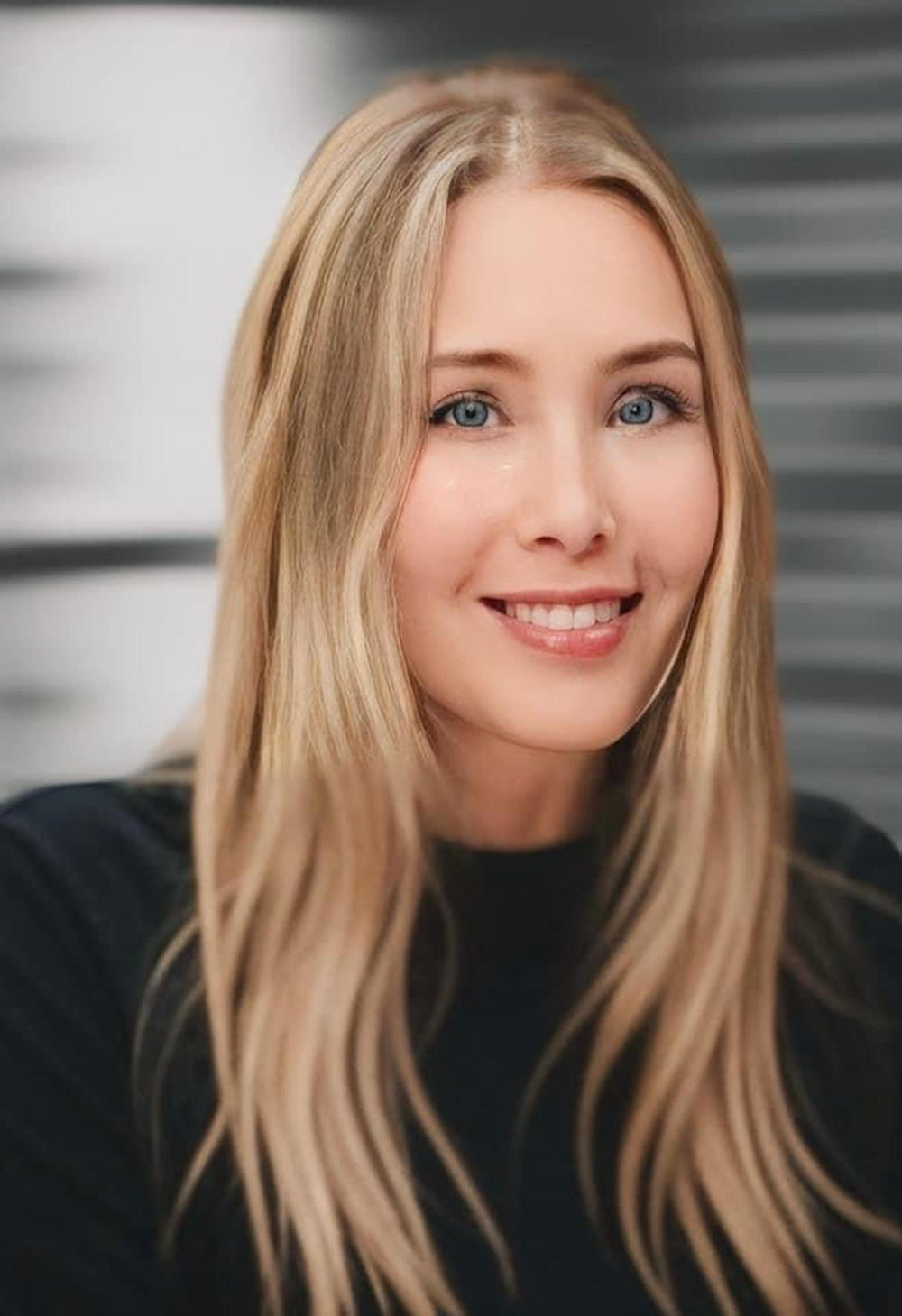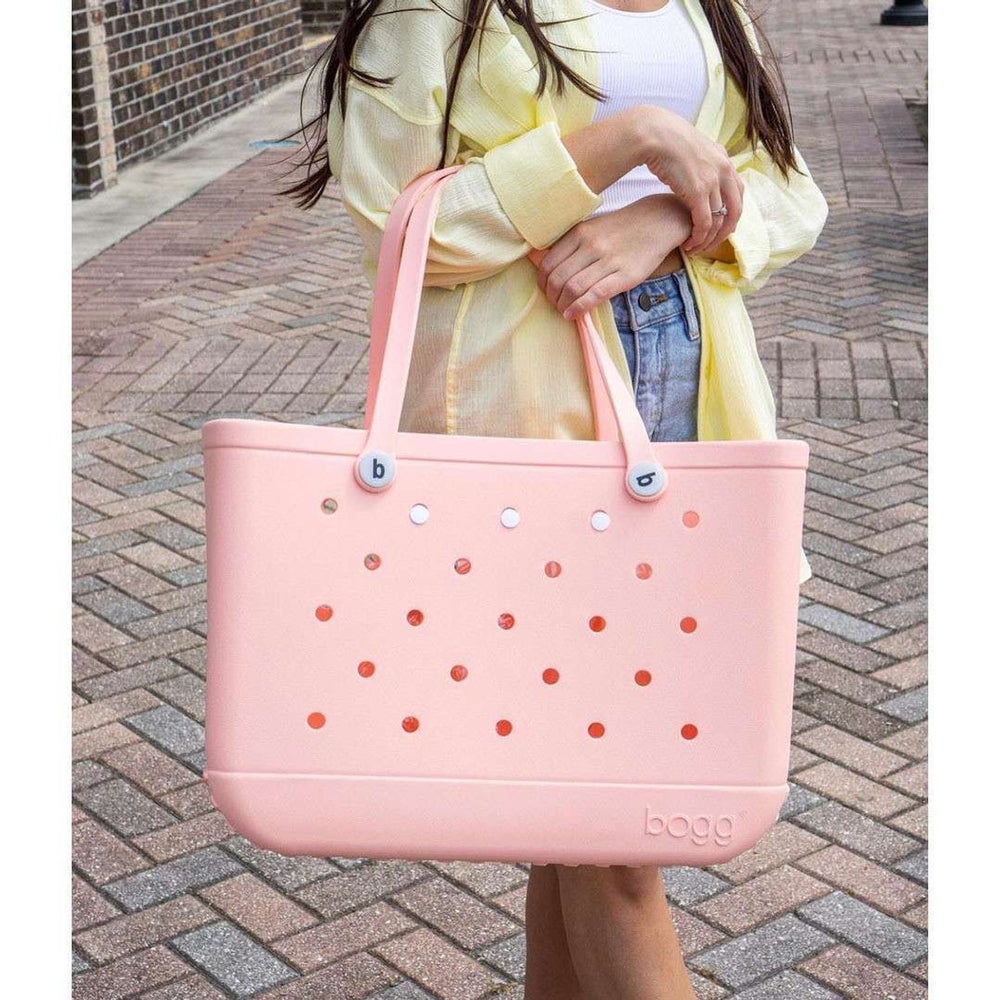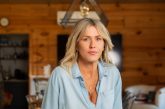This Side Hustle Spotlight Q&A features Kim Vaccarella, founder of Bogg Bag, which offers a “lightweight, durable, washable collection” of bags and is on track to see $100 million in revenue this year, per the company.
 Image Credit: Courtesy of Bogg Bag. Kim Vaccarella.
Image Credit: Courtesy of Bogg Bag. Kim Vaccarella.
Did you have a 9-5 when you started the business?
Yes, I spent 26 years in commercial real estate before fully dedicating myself to Bogg in 2018.
When did you start the business, and where did you find the inspiration for it?
It seems like a lifetime ago. The idea came to me in 2008, born out of a practical need for a better beach bag. I envisioned the ultimate mom bag: durable and sturdy, with non-collapsing sides, large enough to carry everything we needed and washable at the end of the day. The catalyst was a trip to the Jersey Shore and a serendipitous encounter with EVA material, which I realized was the perfect material for crafting the perfect beach bag.
What were some of the first steps you took to get Bogg Bag off the ground? How did you come up with the “Bogg Bag” name?
As a full-time working mom with no experience in bag sales, the leap into launching Bogg Bag was huge. The idea came to me as a necessity, and despite the challenge of stepping into unfamiliar territory, I was determined to give it a go.
The goal initially was to patent the Bogg Bag concept and sell the idea, avoiding the complexities of manufacturing. After facing numerous rejections, I realized the only way to see my vision come to life was to do it myself.
Naming the bag was simpler than you’d think. Reflecting on water, frogs and lily pads, I played around with words until Bogg stuck. It felt right, signaling a fresh start — Bogg, it’s the new bag!
You used your kids’ college fund to bring the dream to life. What happened next?
After our first batch hit a small local boutique, they flew off the shelves. At first, I wondered if it was just friends and family showing support, but I chose to believe it was genuine love for the product. Encouraged, I doubled down and ordered 600 more. Those sold out too. Feeling bold, I invested my kids’ college savings into over 1,000 pieces. It was a major moment, unloading a full container in our storage unit’s parking lot under the night sky. But as we unpacked, my heart sank — every piece was marred by black streaks, unsellable to the high standards I dreamt of for Bogg.
As I grappled with this setback, the devastation caused by Superstorm Sandy unexpectedly opened a door for us to make a meaningful difference. We found a new purpose for these imperfect bags. The storm had wreaked havoc on our community, so we repurposed the flawed bags as emergency kits filled with essentials for those affected by the storm, distributing them to families in need. It was a heartrending experience, but providing aid gave a new meaning to our efforts.
Initially, I thought this marked the end of Bogg’s journey. However, about a year later, our Facebook page lit up with messages from those recipients. Beyond their thanks, they wanted more bags — for themselves, for family, as gifts. That overwhelming response reignited my resolve. I knew then that Bogg had to make a comeback.
 Image Credit: Courtesy of Bogg Bag
Image Credit: Courtesy of Bogg Bag
What were some of the additional challenges you faced while building your business, and how did you navigate them?
After leaving my steady job in 2018, the pressure of succeeding on my own was immense. Having been accustomed to a regular income for 26 years, the shift was daunting. I set an ambitious target: $1 million in sales for 2018. Miraculously, we hit it. Then 2019 began promisingly until Covid brought the world to a standstill. Like everyone, we were in uncharted territory with no playbook on how to adapt.
While many brands shifted to online sales — a logical move in such uncertain times — we chose a path less traveled. We stayed in close touch with our retail partners, sharing in their hardships and looking for ways to support them. The Bogg Bag’s unique selling point — its washability — unexpectedly became its strength during the pandemic. Hospitals purchased them for healthcare workers, schools for teachers, and stores filled them with goods for contactless pickups and deliveries as Easter approached.
This approach may not have been the most profitable in the short term, but it was the right thing to do. Maintaining these relationships was more important than immediate gains. To this day, I’m grateful for the support we were able to provide during those tough times, a sentiment echoed by our partners whenever we meet at trade shows.
How long did it take you to see consistent monthly revenue? What does total revenue look like now?
Even in the early days of 2014 and 2015, we began seeing monthly revenue come in, albeit modest, but steady and growing. Fast forward to 2023: We hit a milestone that once seemed a distant dream, crossing over $50 million in revenue. Now, with momentum on our side, we’re ambitiously setting our sights even higher, targeting a groundbreaking $100 million in 2024. This growth is a clear testament not only to our product’s value but also to the incredible team behind Bogg and the unwavering support from our community. We truly have something special.
What do you enjoy most about running your own business?
Starting out, you might think business is all about the bottom line, chasing the American Dream. But soon, it hits you — the real riches come from the connections you make and the shared experiences. I’ve been incredibly lucky to meet such amazing folks along this journey. My team, our partners, our customers, the dedicated sales reps and the supportive retail stores have all become like family. And speaking of family, getting to work alongside my own has been a gift in itself, blending personal and professional in the best way possible. This circle of support has been my true treasure, the heart of everything we’ve built together.
What’s your advice for others hoping to start successful businesses of their own?
My mantra? Slow and steady wins the race. Starting a business from the ground up is a learning curve like no other. I’m a believer in getting hands-on with every part of the operation, even if it means cleaning the warehouse toilet myself. It’s all about trusting your instincts, moving at a pace that feels right and keeping open lines of communication with everyone you cross paths with. You’d be surprised at the connections you can make and what you can learn from them.
To read the full article, Click Here




